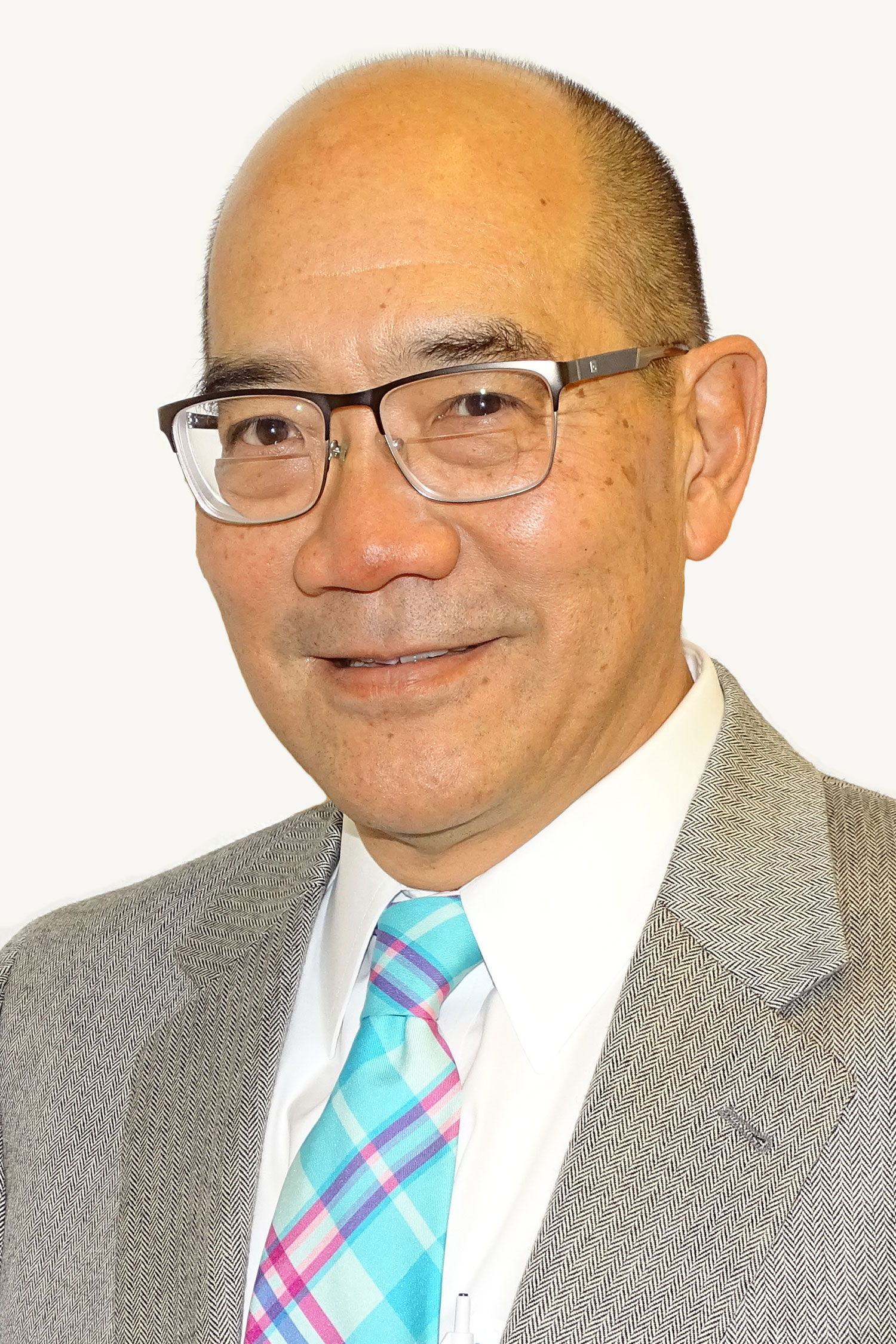Dr. Don Nakayama is a new faculty member joining the division of pediatrics. He is returning to UNC where he originally taught in the late 90s. Dr. Nakayama talks about his return to teaching, how he chose his specialty and his interest in surgical history.

What brought you back to UNC?
I’m excited about my return to UNC because it’s an opportunity for me to get back into the academic community. Over the years I moved away from teaching, climbing the academic ladder and most recently working at Sacred Heart Medical Group in Pensacola, Florida. When they had an opening here, I applied for the position so I could come back to my roots. When I was here last, I worked with Dr. Sheldon, my mentor and a huge influence on me, and Anthony Meyer, with whom I have had a longtime personal and professional relationship. I’m excited to be back and to be part of the changing landscape of the Department and with the new leadership within pediatric surgery.
Where are you from?
I’m originally from Denver, Colorado but spent many years in California and Florida before coming to North Carolina.
Did you always want to be a doctor?
No, as a matter of fact, I hadn’t planned to be a doctor. I have two distinct sides, one of which is an interest in science and the other humanities. I find that the best doctors have to be in touch with the humanities and social sciences to be accessible to people. In the hard sciences, you tend to lose touch with that, so I thought that medicine was a good combination of the two.
How did you choose your specialty?
I was drawn to pediatric surgery because it was applied embryology. It was a way of being useful in a unique way that only surgeons can be. Working with children requires a distinct relationship and level of trust. The parents and the child need to feel comfortable with you before you take their child away because that is the ultimate trust. You really only have two minutes to earn it. I was intrigued by the question of how do you make that connection in two minutes? That communication piece, the building of instant trust is something I work on. I’ve written about and I believe it’s the key to my specialty and one of the reasons I chose it.
What do you find most rewarding about your work?
The most rewarding thing for me is the fact that I can make a difference in kids’ lives. I think the discipline in the field has evolved where we can provide real life-saving service to people. And to do that responsibly by far is the most important thing we have. It’s not doing any specific operation because every operation is important to a family; there are no minor operations. Doing that service, not just when things go well but to have a responsibility to see things through no matter the outcome. All of that engages every one of your intellectual and social skills, and that engagement is where I derive satisfaction.
What are some of the new developments in your field of specialty?
I think minimally invasive surgery is changing the landscape of pediatric surgery. I think we understand disease to a greater extent than ever before. Revolutions in technology allow us to do operations safer and more precisely. Outcomes research and informatics allows us to know how we are performing. It gives us feedback so we know if we are providing the levels of care that people should expect.
Is there a particular achievement (professional or personal) that has been most gratifying to you?
When I was last at UNC, I was honored with the award for the best clinical teacher, twice. It was a special honor, one I appreciated because I was able to make an impact on learners.
What is the best advice you’ve ever received?
The best advice that I received and has stuck with me was from Dr. George Sheldon, former Department Chair here at UNC. He told me, “Stay until the end of the meeting.” A simple message that endures for me but staying shows commitment, shows a sense of purpose and something is always decided at the end of a meeting.
If you weren’t a physician, what would you like to be doing?
I wanted to be an engineer or journalist.
What hobbies do you enjoy?
I have an abiding interest in surgical history. It is a unique academic niche. I think there are different ways people can contribute to the literature of medicine. Mine just happens to be finding interesting stories about surgeons and people in the past that illustrate the richness of our field. There is a side to it that illustrates doctors’ humanity and important lessons about illness and disease.
I think that history informs. And the stories we tell reveal the values we think are important. We tell stories about those that achieve and we stand in wonder and respect for them and their professional lives. The fact that we resurrect those stories and retell them says a lot about our values and enduring ethic that gives meaning to what we do in our lives in medicine and surgery.
For more information about Dr. Nakayama, check out his profile.
